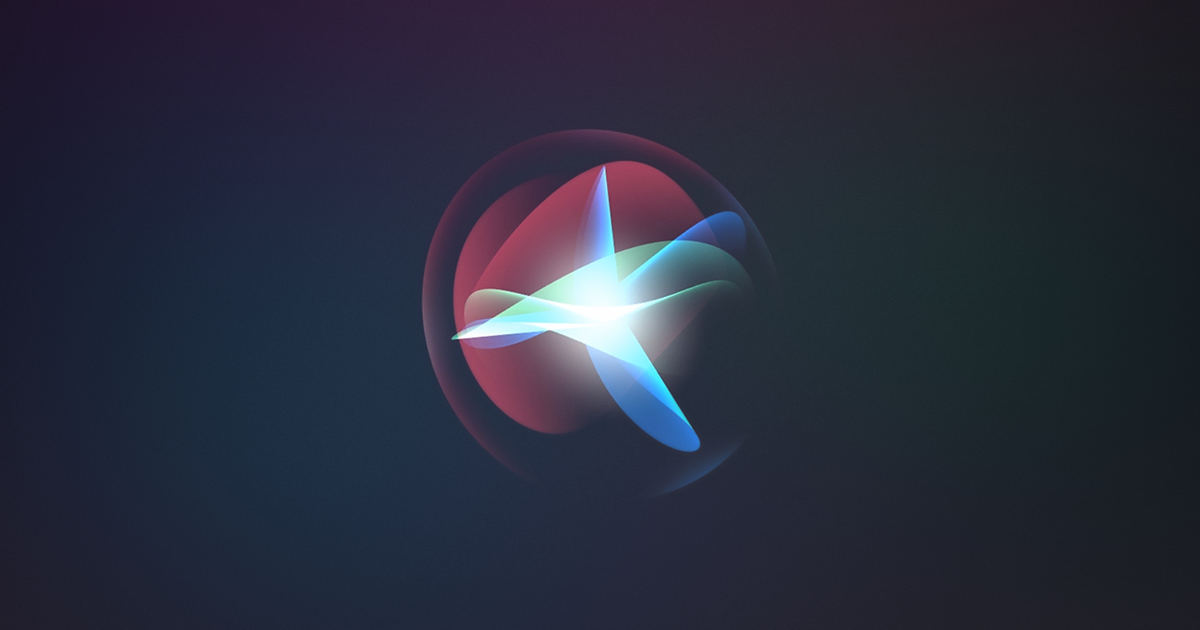Apple is calling on experts with backgrounds in generative AI to work with the company's "most advanced technologies," including augmented and virtual reality, according to new job listings posted by the company.

One new listing posted on Apple's jobs website, highlighted by Bloomberg's Mark Gurman, seeks a software engineer in Cupertino to work on machine learning models to build apps related to augmented and virtual reality.
In January, The Information reported that Apple is working on new software tools that will allow both developers and customers to create augmented reality apps for its headset, including via Siri. From the report:
Some of the roles, such as a Visual Generative Modeling Research Engineer, specifically involve work on "visual generative modeling to power applications across computation photography, image and video editing, 3D shape and motion reconstruction, avatar generation, and much more."
Following the launch of an official ChatGPT app for iPhone, it emerged that Apple has banned employees from using such utilities due to security concerns and work on its own similar technology. In March, DigiTimes reported that Apple is "re-examining" its work on artificial intelligence. The company is now believed to be testing generative AI concepts that could one day be destined for Siri.
This article, "Apple Now Seeking Generative AI Engineers for AR/VR Applications" first appeared on MacRumors.com
Discuss this article in our forums
Source: TechRadar

One new listing posted on Apple's jobs website, highlighted by Bloomberg's Mark Gurman, seeks a software engineer in Cupertino to work on machine learning models to build apps related to augmented and virtual reality.
AI represents a huge opportunity to elevate Apple's products and experiences for billions of people globally. Apple's Learning Technology Group is looking for Machine-Learning engineers with a background and/or interest in Conversational and Generative AI! You will be leveraging innovative models to build applications on top of Apple's most advanced technologies, while developing your expertise in Augmented and Virtual Reality (AR/VR).Gurman believes that there will eventually be an on-device way to develop apps for Apple's mixed-reality headset, which is expected to be unveiled at the company's WWDC keynote next week.
This new Apple job listing is seeking those interested in “Conversational and Generative AI” and seems to imply there will be an on-device way to create AR/VR apps on the headset — eventually. pic.twitter.com/RAPR7Txwxf
— Mark Gurman (@markgurman) June 1, 2023
In January, The Information reported that Apple is working on new software tools that will allow both developers and customers to create augmented reality apps for its headset, including via Siri. From the report:
With the software tools, Apple hopes that even people who don't know computer code could tell the headset, via the Siri voice assistant, to build an AR app that could then be made available via Apple's App Store for others to download. The tool, for example, could allow users to build an app with virtual animals moving around a room and over or around real-life objects without the need to design the animal from scratch, program its animations and calculate its movement in a 3D space with obstacles.Last month, it emerged that Apple was hiring for at least a dozen new experts in generative AI amid rumors that the company is stepping up its work on AI. The Apple job listings sought a range of machine learning specialists "passionate about building extraordinary autonomous systems." The openings were for positions in the Integrated System Experience, Input Experience NLP, Machine Learning R&D, and Technology Development Group.
Some of the roles, such as a Visual Generative Modeling Research Engineer, specifically involve work on "visual generative modeling to power applications across computation photography, image and video editing, 3D shape and motion reconstruction, avatar generation, and much more."
Following the launch of an official ChatGPT app for iPhone, it emerged that Apple has banned employees from using such utilities due to security concerns and work on its own similar technology. In March, DigiTimes reported that Apple is "re-examining" its work on artificial intelligence. The company is now believed to be testing generative AI concepts that could one day be destined for Siri.
Related Roundup: AR/VR Headset
Related Forum: Apple Glasses, AR and VR
This article, "Apple Now Seeking Generative AI Engineers for AR/VR Applications" first appeared on MacRumors.com
Discuss this article in our forums
Source: TechRadar